
More Than Just Drama: The Real Impact Of Reality TV
Breakups and bust-up – or representation, reflection and real change?
From the eviction of ‘Nasty Nick’ in Big Brother to Meg and Shakira’s fiery argument in Love Island, reality TV has been a constant in British entertainment for the past 25 years. It’s been called mindless, manipulative, even harmful – and, of course, at times, it absolutely has been. But surprisingly, for all its flaws, there’s a growing case that reality TV may not be all bad.
Let’s break it down.
From Real to Really Curated:
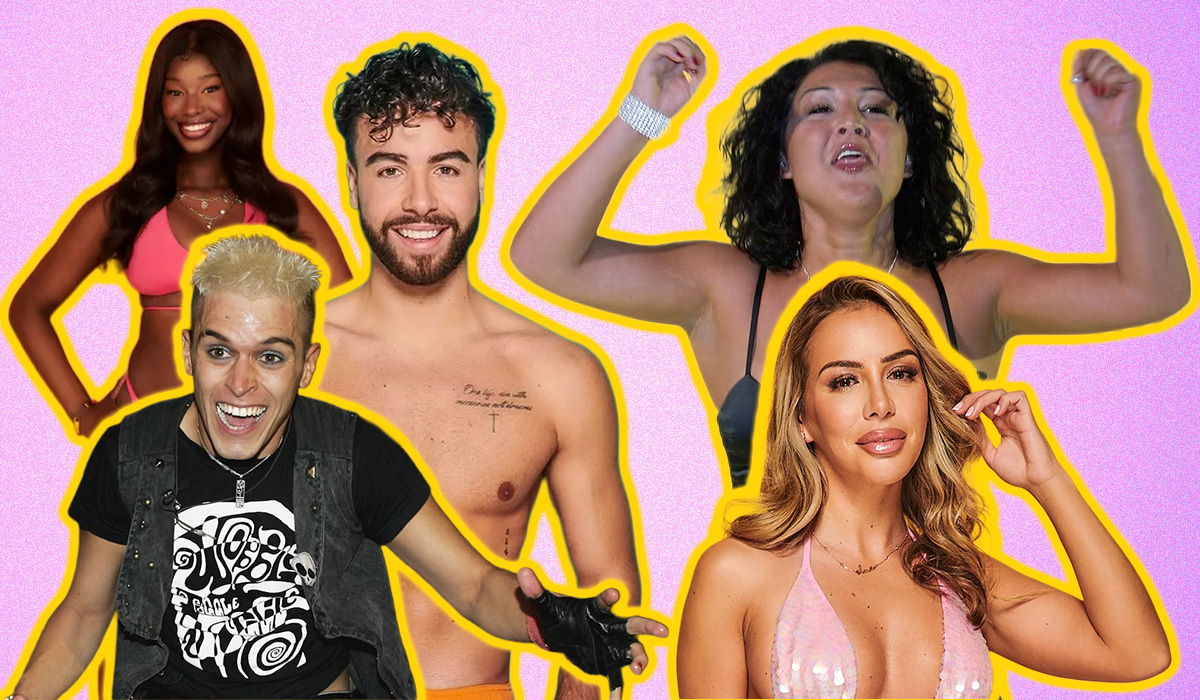 When Big Brother first aired in 2000, it was groundbreaking. Ordinary people, no scripts, just a camera watching them live, argue, and occasionally break down. That rawness gave it power that made it dynamic and addictive. But by the time shows like Made in Chelsea and The Only Way is Essex took over, the genre had shifted. Contestants arrive on the show with the knowledge of how to manufacture “good telly”: playing up arguments, delivering catchphrases, and building a brand. The “reality” bit often takes a backseat.
When Big Brother first aired in 2000, it was groundbreaking. Ordinary people, no scripts, just a camera watching them live, argue, and occasionally break down. That rawness gave it power that made it dynamic and addictive. But by the time shows like Made in Chelsea and The Only Way is Essex took over, the genre had shifted. Contestants arrive on the show with the knowledge of how to manufacture “good telly”: playing up arguments, delivering catchphrases, and building a brand. The “reality” bit often takes a backseat.
Take Love Island, for example. Many contestants are already represented by talent agents or hoping to launch careers as influencers. The goal isn’t just romance: it’s relevance.
The Industry’s Dark Shadow:
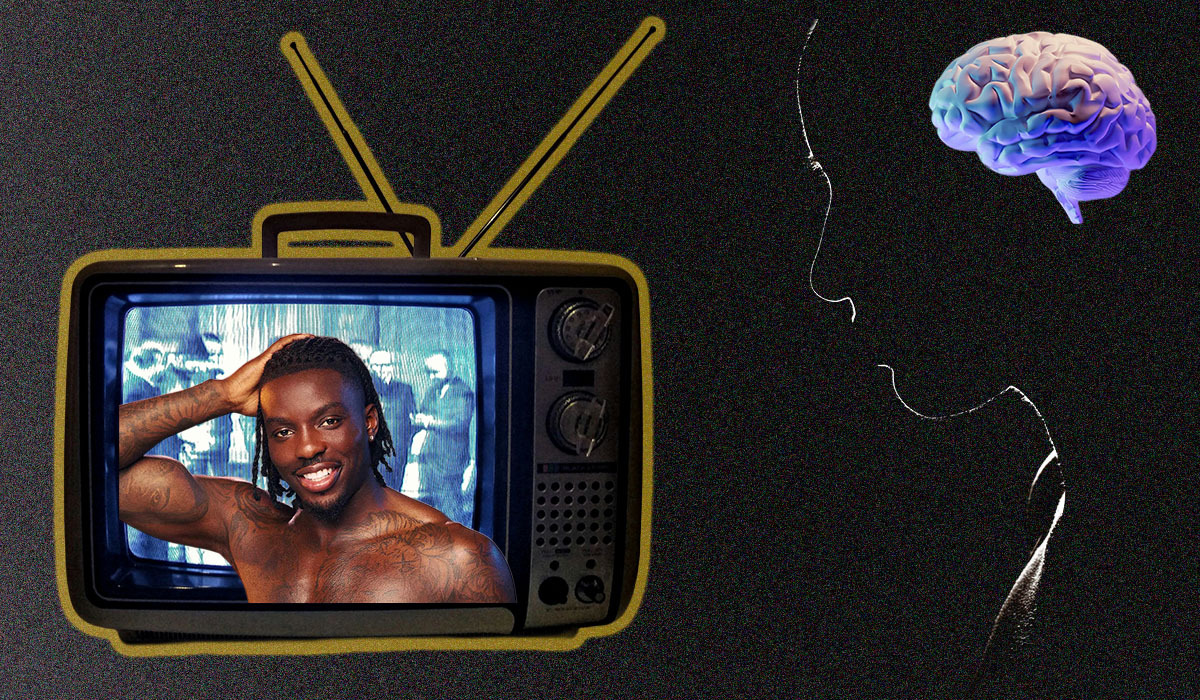
Sadly, the emotional toll of sudden fame has led to very real consequences. The suicides of Love Island stars Sophie Gradon (2018) and Mike Thalassitis (2019), as well as the death of Steve Dymond after filming an episode of The Jeremy Kyle Show, prompted a parliamentary inquiry into reality TV. Broadcasters have since introduced stricter welfare rules, including psychological support, social media training, and post-show counselling.
These tragedies have forced the industry to reconsider how it treats its stars – but critics argue it’s still not enough.
Showing the Unseen:
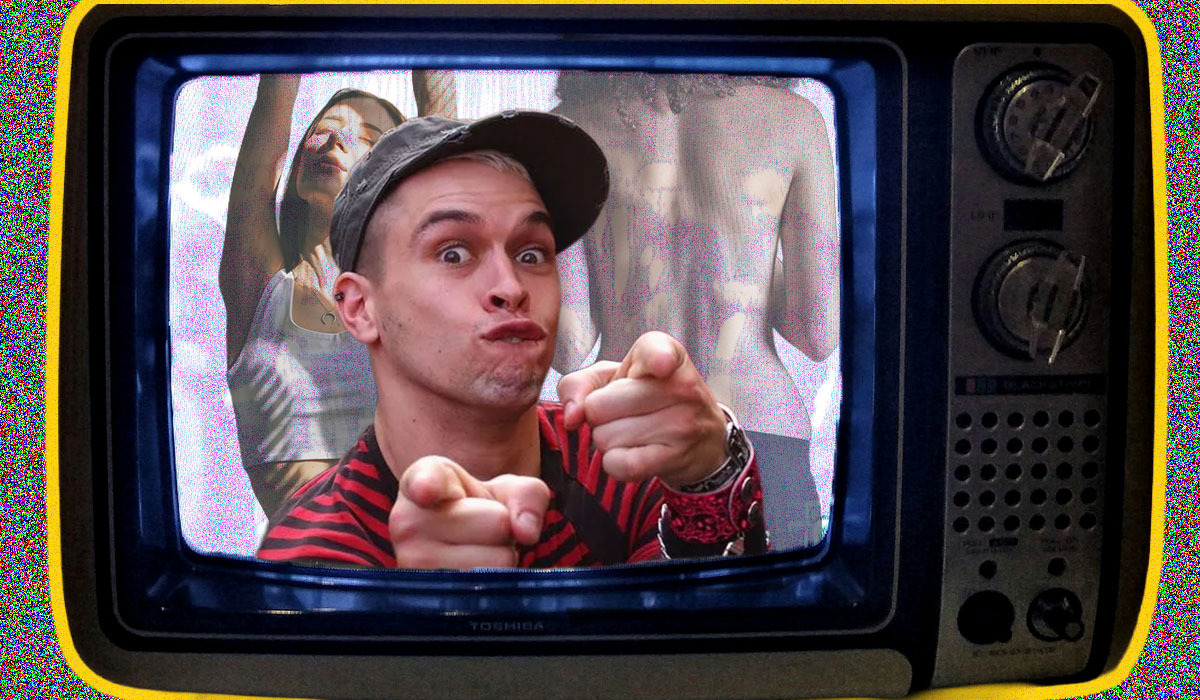
Yet, for all its problems, reality TV has also been a space for stories and people we rarely see on screen. Big Brother 2006 winner Pete Bennett, who has Tourette’s syndrome, helped millions better understand the condition just by being himself. His success didn’t just entertain: it educated.
Similarly, Embarrassing Bodies normalised open conversations about health. From fungal infections to rare syndromes, it showed that no one is alone in their struggles and that seeking help isn’t shameful.
Starting Conversations That Matter:
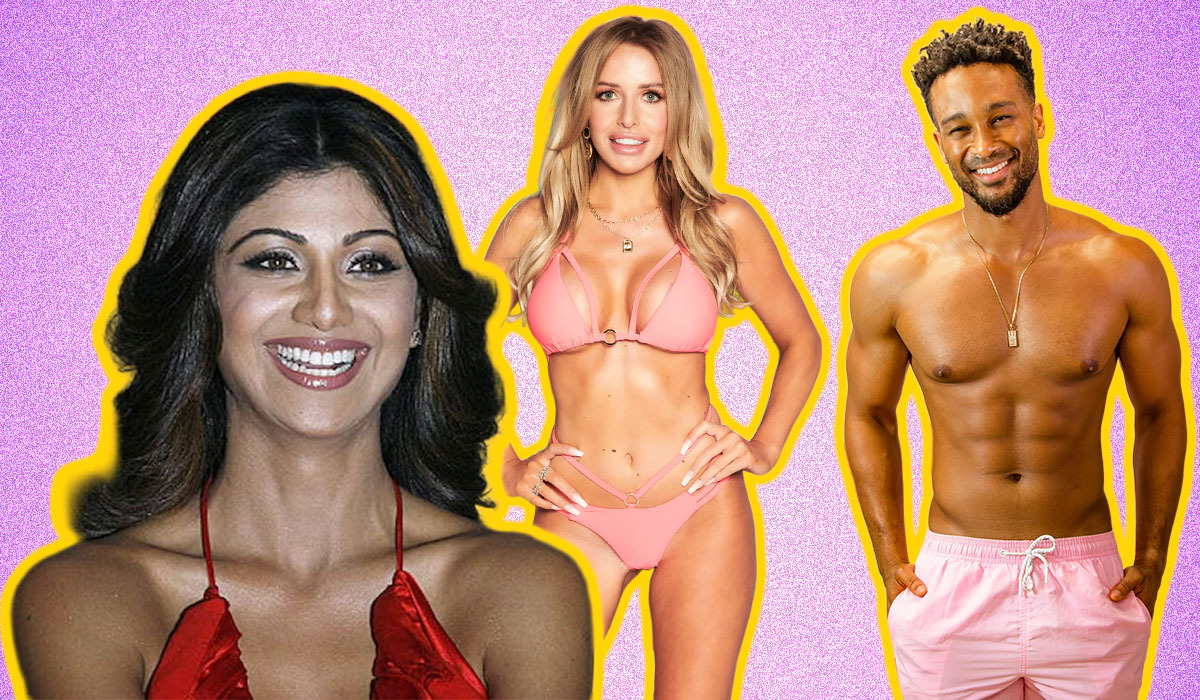
Reality TV doesn’t always try to be educational, but sometimes it ends up that way. The 2007 Celebrity Big Brother race row involving Shilpa Shetty sparked national debate and over 40,000 Ofcom complaints. This was one of the biggest public reckonings around racism on British television at the time.
More recently, Love Island has brought issues like gaslighting and emotional abuse into the mainstream. Faye Winter’s explosive row with Teddy Soares in 2021 led to nearly 25,000 Ofcom complaints. But it also prompted wider conversations about relationship dynamics, red flags, and mental wellbeing.
It’s Not All Fake (Even When It Is):
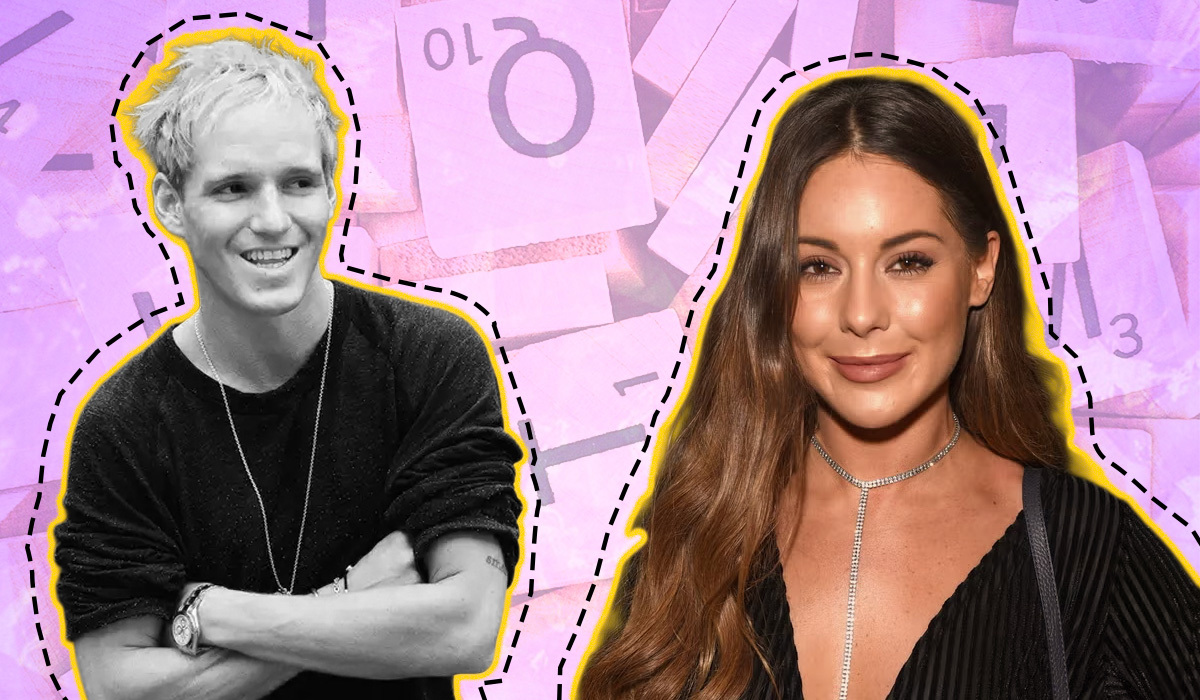
Sure, some shows are more “structured” than they admit. Producers behind Made in Chelsea have long guided cast members toward specific storylines. But even these constructed moments can reflect real emotions and real problems, from body image struggles to social class clashes.
So, Is Reality TV Good or Bad?
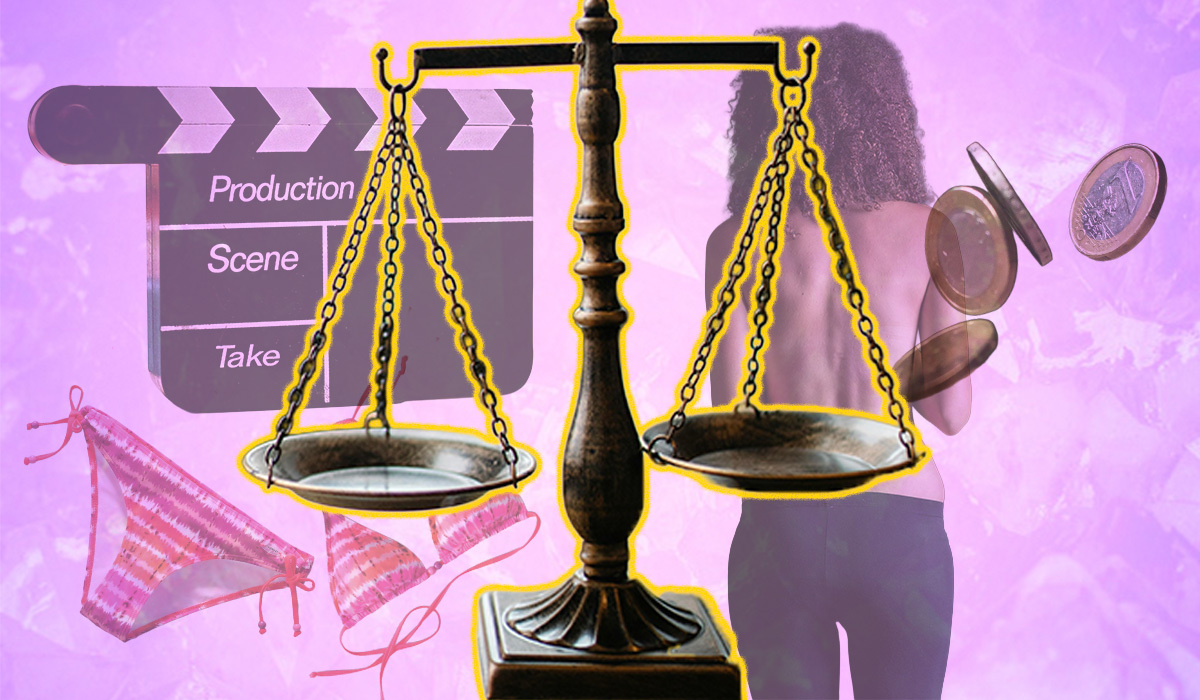
There's no definite answer. It can exploit, stereotype, and oversimplify, but it can also educate, represent, and even unite people in conversation. The challenge now is to keep the entertainment but do better for those who make it possible.











